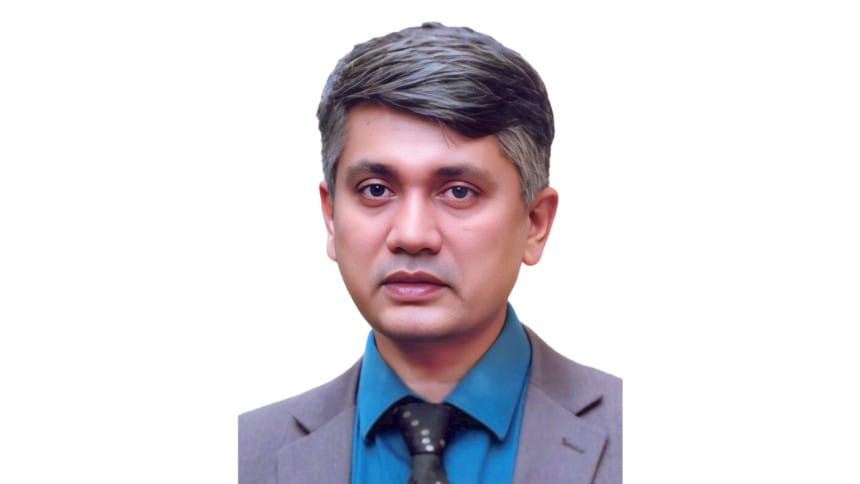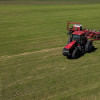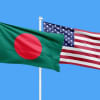Ticfa could help counter US tariffs more effectively: economist

Relying solely on the National Board of Revenue (NBR) to review and lower tariffs will not be enough to address the latest US trade measures, economist Mahfuz Kabir said today, stressing that the Trade and Investment Cooperation Forum Agreement (Ticfa) could offer a more effective solution.
"Without Ticfa, there is no such channel available," said Mahfuz Kabir, research director of the Bangladesh Institute of International and Strategic Studies (BIISS).
The mechanism allows both countries to hold prompt discussions to resolve trade disputes or mitigate unforeseen negative impacts, he told The Daily Star in an interview.
"Now, we need a comprehensive review. However, conducting a review alone is not enough—we cannot simply conduct a review and then remain idle."
Among Bangladesh's major imports from the US, cotton, machinery, and various electronic products hold significant positions.
"For each of these, we need to substantially reduce tariffs. At this point, we must assess whether Bangladesh is prepared for such adjustments."
Lowering tariffs could facilitate discussions with the US Trade Representative (USTR) through Ticfa, potentially opening negotiations, he suggested.
Additionally, since former President Donald Trump himself signed this agreement and the White House remains the key decision-making authority, establishing direct communication with the administration is crucial, he added.
Also, Bangladesh must proactively signal to the US that it is reviewing the situation. This message should be conveyed even before the formal review process begins, he said.
"Such communication must be established very quickly."
However, Kabir expressed doubts over whether the Ministry of Commerce could take the initiative at this stage.
"But the Ministry of Foreign Affairs can certainly do so quite easily. Therefore, the initiative must be taken—and swiftly."
Bangladesh has also been considering potential Chinese investments, he noted.
Meanwhile, India, Bangladesh's biggest competitor, faces significantly lower tariffs. As a result, products that previously did not enter the US market from India—particularly ready-made garments—could now gain a foothold, he said.
"This means buyers may shift orders from Bangladesh to India."
Bangladesh could adopt a wait-and-see approach, as tariffs have been imposed on almost all countries to some extent.
However, compared to Bangladesh, the tariffs imposed on competitor nations such as Sri Lanka and Vietnam are higher.
Sri Lanka will face a 44 percent tariff, while Vietnam will be hit with a 46 percent duty.
"Therefore, it is not certain that these countries will surpass Bangladesh as larger suppliers. Consequently, the impact on Bangladesh's ready-made garment sector may not be immediate."
India's tariff rate is slightly lower than Bangladesh's, but it remains unclear whether this specifically applies to the garment sector or other products, he said.
"Thus, we need to wait a little longer to assess the situation."
Since Bangladesh does not face major tariff disadvantages in other sectors, a possible scenario is an overall decline in demand for ready-made garments in the US market due to the higher tariffs.
"This could affect all countries to some extent."
It is also essential to immediately communicate Bangladesh's stance to the Trump administration. Once that message is delivered, the next step would be to explore specific areas for tariff reductions.
However, there is no alternative to substantially lowering the average duty rate—not just for the US but for other countries as well, Kabir said.
Trade wars often begin in one sector but tend to expand. Historically, they have had a cyclical nature, affecting multiple industries over time.
"Since we cannot predict where the next challenge might arise, we must be prepared."
While Bangladesh does not need to panic, it cannot afford to remain passive either.
The US remains Bangladesh's largest single-country export destination, particularly for RMG products. Any major disruption in that market is a serious concern and must be addressed proactively, he said.

 For all latest news, follow The Daily Star's Google News channel.
For all latest news, follow The Daily Star's Google News channel. 








Comments